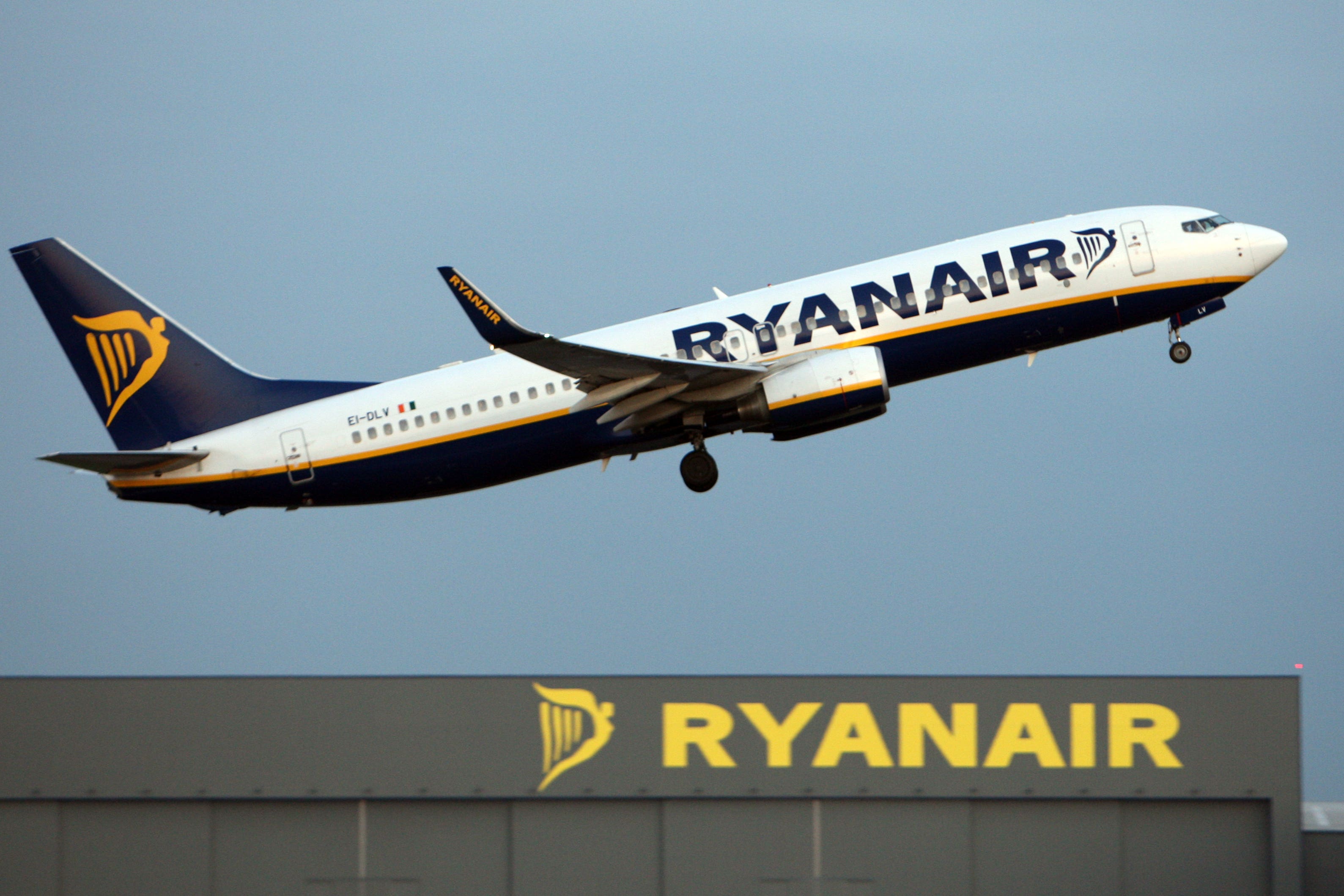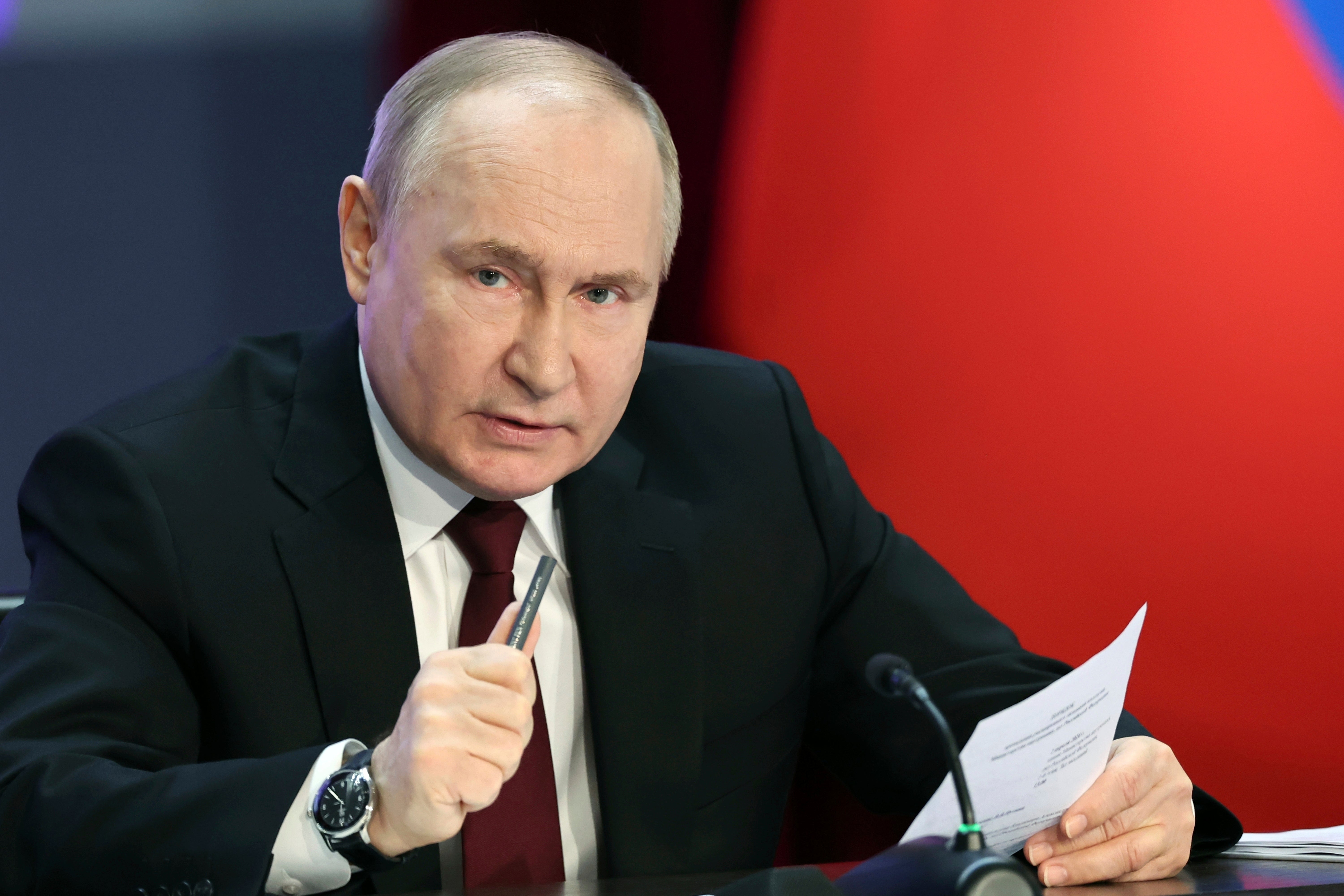Thousands of UK holiday flights ‘targeted by Russian jamming systems’
Flights over the Baltic Sea are suffering interference from Russian forces

Thousands of flights to and from UK airports have been targeted by Russians, it has been reported.
Flights affected in eight months to the end of March include 2,309 by Ryanair, 1,368 by Wizz Air, 82 by British Airways and four by easyJet, according to latest reports
This is based on analysis of flight logs with GPSJAM.org, which records incidents of GPS interference.
Flights over the Baltic Sea are suffering interference from Russian forces, The Sun reported.
GPS, which is part of a plane’s navigation, is a satellite-based radio navigation system used to determine an object’s position.
It can be jammed by radio signals strong enough to drown it out.
The Sun reported that Russia is also targeting flights with spoofing, which uses radio signals to trick an aircraft’s systems into believing it is somewhere it is not.
In March, an RAF plane carrying Defence Secretary Grant Shapps had its GPS signal jammed while flying near Russian territory.
The satellite signal was interfered with for about 30 minutes while the flight was heading back to the UK from Poland, it is understood.

Downing Street confirmed the plane “experienced GPS jamming” when it flew close to Kaliningrad – a Russian exclave on the Baltic – but said it “didn’t threaten the safety of the aircraft”.
The EU’s aviation safety body Easa held a summit with global airline body Iata in January to discuss jamming and spoofing.
Following the event, Easa acting executive director Luc Tytgat said: “We have seen a sharp rise in attacks on (satellite navigation) systems, which poses a safety risk.
“Easa is tackling the risk specific to these new technologies.
“We immediately need to ensure that pilots and crews can identify the risks and know how to react and land safely.
“In the medium term, we will need to adapt the certification requirements of the navigation and landing systems.
“For the longer term, we need to ensure we are involved in the design of future satellite navigation systems. Countering this risk is a priority for the agency.”
He did not say Russia was behind the attacks.
A Ryanair spokesperson said: “In recent years there has been a rise in intermittent GPS interference which has affected all airlines.
“Ryanair aircraft have multiple systems to identify aircraft location, including GPS.
“If any of the location systems, such as GPS, are not functioning then the crew, as part of standard operating procedures, switch to one of the alternate systems.”
Glenn Bradley, head of flight operations at regulator the Civil Aviation Authority, said: “Aviation is one of the safest forms of air travel and there are several safety protocols in place to protect navigation systems on commercial aircraft.
“GPS jamming does not directly impact the navigation of an aircraft and while it is a known issue, this does not mean an aircraft has been jammed deliberately.
“While operators have mitigations in place to assure continued safe operations, we work closely with other aviation regulators, airlines and aircraft manufacturers to curb and mitigate any risks posed by jamming and continuously monitor incidents worldwide.”
The CAA said GPS forms only part of an aircraft’s navigation system, adding that jamming and spoofing near conflict zones is often a by-product of military activity rather than deliberate actions.
Bookmark popover
Removed from bookmarks